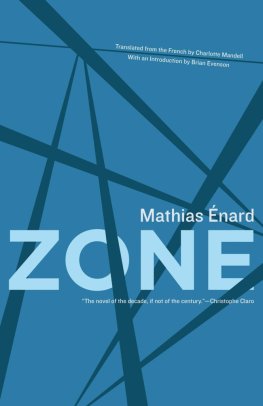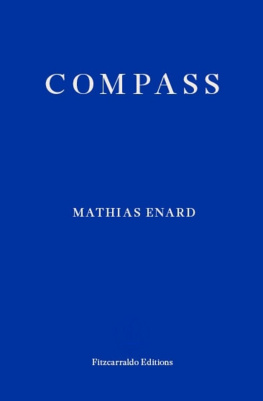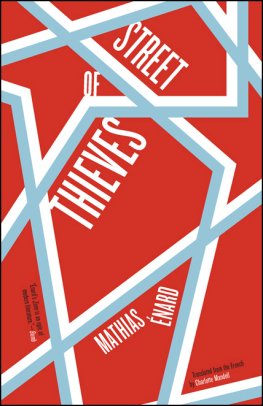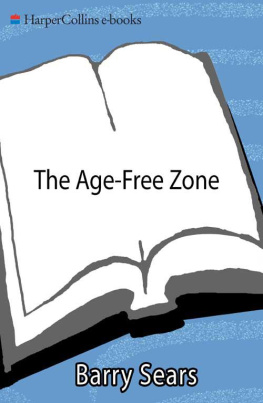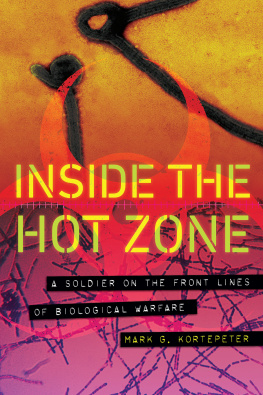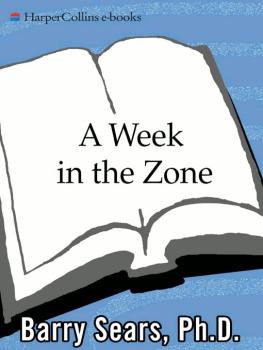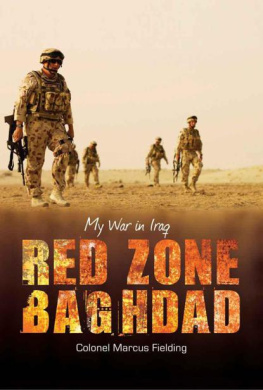I first learned about Zone in September of 2008 when I was in France for a literary festival. Looking for something new to read, each time Id meet with a journalist or reviewer, Id ask what theyd read recently that theyd liked. The book that came up most often, and most enthusiastically, was one published just a few weeks earlier, Mathias nards Zone.
On first glance, Zone seems an unlikely choice for best-loved novel, even among critics. Not only is it not a plot-driven book, its a book that takes place entirely during a train journey from Milan to Rome. In one sense, very little actually happens: a man boards a train on his way to Rome after having a deranged individual hold out his hand to him and say comrade one last handshake before the end of the world. Shaken, he proceeds on to Rome. While in transit, he smokes in the bathroom, he goes to the bar and has several drinks, he watches people get on and off the train, he dozes a little. But, most of all, he thinks, turning over and over in his head the details of his own life as well as very specific and often very troubling obscurities from the wars and conflicts of the twentieth century. This, in fact, is where the action and the tension of the book lie: within a single human skull. The man is, we quickly learn, an amateur historian of atrocity or, rather, someone able to pass as an amateur historian. In actuality he is an ex-soldier from the Balkans, where he both witnessed and participated in atrocity, and a spy for the French intelligence service. Or, as he phrases it, a warrior, spy, archeologist of madness, lost now with an assumed name between Milan and Rome, in the company of living ghosts. . He is bringing to Rome a briefcase full of secrets that he intends to sell and, afterward, to abandon his real identity for good. Along the way, his mind will touch on Ezra Pound and Dalton Trumbo, Eduardo Rzsa and the song My Way (in multilingual versions), the Spanish fascist Milln-Astray and the autoerotic asphixiator William Burroughs, the Armenian genocide and the crimes of Croat terrorists, the Black Hand and the Holocaust, on girlfriends and comrades he left behind. Indeed, his time on the train is the moment in which Francis Servain Mirkovi, exhausted and drunk and a little frantic, begins to take all the different things that have led him to this moment and synthesize them in a way that is at once brilliant and terrifyingly disturbing.
The swirl of information, the confusion of Franciss own mind, is augmented by the way the novel represents his thoughts; Zone, 517 pages long, is written as a single run-on sentence in which everything is allowed to jostle up against everything else. nard does show a little mercy: this sentence is broken up into twenty-four chapters (not un-coincidentally the same number as in The IliadI wanted to do a contemporary epic, nard told Robert Sol in Le Monde des Livres) and in addition is disrupted three times by excerpts from a Lebanese book that Francis is reading. But whats remarkable is how quickly a readers mind can adapt to this, how the rhythms of nards text and his sometimes slightly eccentric use of commas end up carrying one swiftly forward. Theres a remarkable flow and rhythm to the sentences, partly imitating the rocking rhythm of a train, which almost allows you to forget that youre reading a book thats a single sentence long. Zone rarely if ever feels artificial; its form, as Beckett suggests of Joyces Anna Livia Plurabel, is its content, its content its form: His writing is not about something; it is that something itself. (Beckett, Dante. . Bruno. Vico. Joyce).
Zone owes something to Michel Butors La Modification (1957), a novel in which a man takes a train from Paris to Rome to unexpectedly visit his lover, intending to inform her that he is leaving his wife for her but changing his mind along the way. Like Zone, the frame of the story proper is the train ride, though the nature of each narrators thoughts are rather different. In addition, Butor writes in second person using standard punctuation and paragraphing. One might think as well, in passing, of other nouveau romanists such as Claude Simon (for the non-paragraphing he uses in Conducting Bodies, not dissimilar to nards own non-paragraphing) or Alain Robbe-Grillet (because of his interest in detectives and spies and because of the importance of a train journey in La Reprise). Yet at the same time it would be as appropriate to mention either Samuel Becketts trilogy or Thomas Bernhards Gargoyles in the place of Simon, or Javier Marass Your Face Tomorrow in the place of Robbe-Grillet. Not to mention Patrik Ouednks Europeana. Or countless other books. Indeed, Zone is a book aware of, and carrying on a conversation with, many different literary traditions.
On a political level, Zone is engaged but very far from being partisan its a very different book from, say, Peter Handkes polemical A Journey to the Rivers: Justice for Serbia. Francis is neither wholly reliable nor wholly unreliable, and it is difficult for the reader to ever feel fully at ease with him. He is implicated and not particularly trying to hide it, but he can reveal himself only gradually, only slowly, as a way of trying to free himself from himself so that he can start over. In his mind, the line between victim and murderer comes to seem as confused and arbitrary as the lines we draw between nations and then fight to the death to protect. For him there are lots of innocent men among the killers in the suitcase, as many as there are among the victims, murderers rapists throat-slitters ritual decapitators. . Strains of innocence and guilt run through both sides. Someones views can shift as easily as a gun can be aimed, and individuals begin to fall into roles out of fear or hate, almost against their will. This is a book about trying and probably failing to escape the aftershocks of ones own trauma, about trying to shake ones ghosts.
Indeed, for me, Zone is ultimately a book about collective and individual trauma, the way trauma bleeds its way up and down between the individual and the larger collective groups to which he belongs. It is at once about bad faith and about the absurdity that terms such as bad faith take on in the face of decapitation, atrocity, and overwhelming fear. A little push, almost nothing a bullet that breaks ones car window, say may well be enough to tilt the scales and make one begin to become inhuman.
After its publication Zone went on to win several major prizes, including the Prix du Livre Inter, the Prix Dcembre (whose other recipients include such greats as Pierre Guyotat, Pierre Michon, and Jean-Philippe Toussaint), and the Prix Initiales, and to be a finalist for several others. What is amazing in this horrible and sublime book, Anne Brigaudeau suggests, is the magnificent use of language, an uncommon erudition, a meticulous know-how for narrating the worst atrocities of the century, down to little known or forgotten details. Does Zone live up to such praise? I think it does. It is a profoundly (and complexly) ethical book, satisfying both as a work of prose and in its incisive interpretation of our times. Zone is a major and compelling work, a work that will keep you in its grip from its first utterance to its last.
Brian Evenson
2010
Milan
Lodi
Parma
Reggio Emilia
Modena
Bologna
Prato
Florence
Rome
And then went down to the ship,
Set keel to breakers, forth on the godly sea, and

